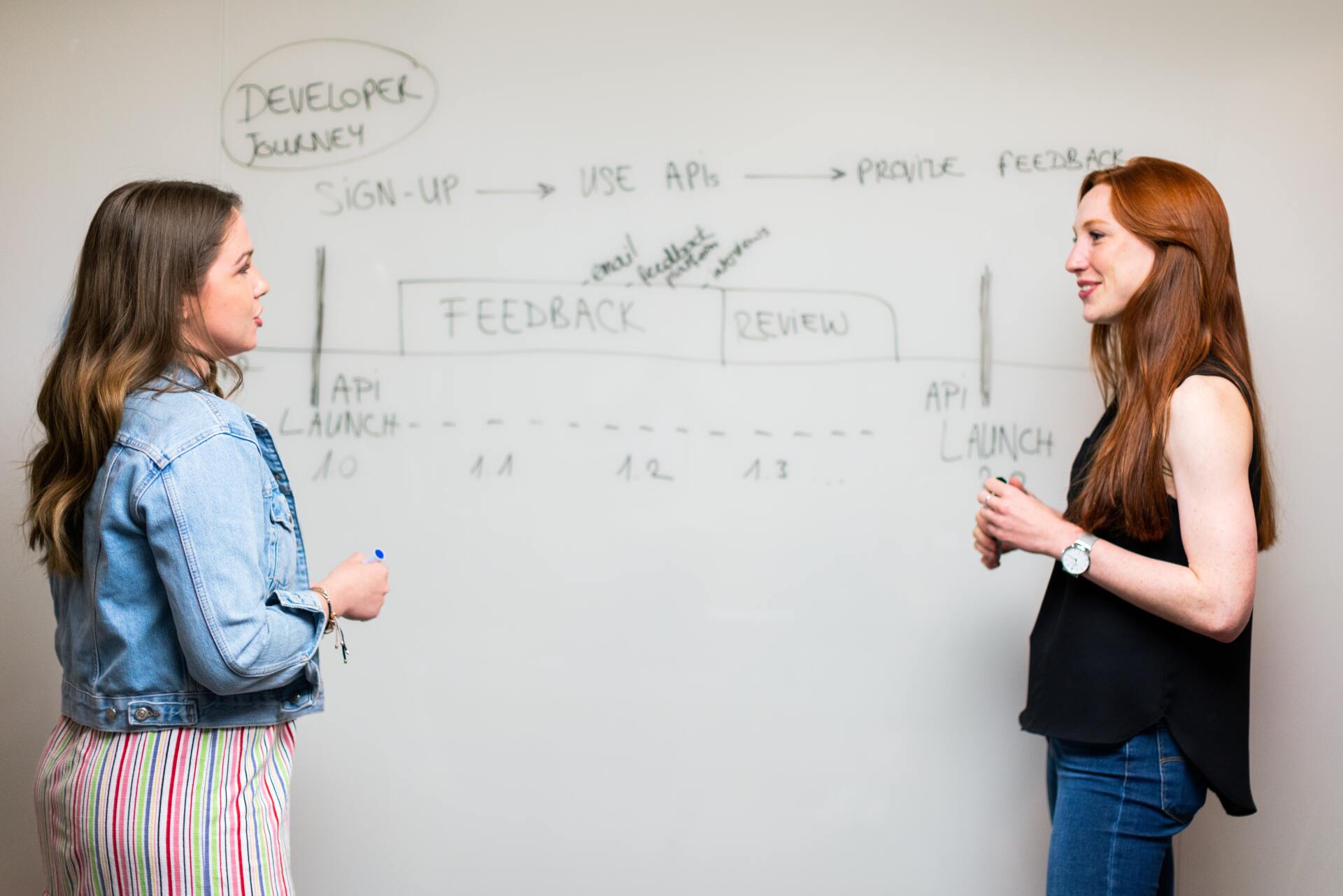Software Engineer in the Netherlands
What is a Software Engineer?
As professionals in the field of software development, software engineers design, develop, test, and maintain software applications, systems, and programs using programming languages, frameworks, and development tools. Read on to learn more about the duties and responsibilities of software engineers.
Duties and Responsibilities:
As a software engineer, your duties and responsibilities can vary depending on your specific job, industry, and company. However, in general, a software engineer is responsible for designing, developing, testing, and maintaining software applications and systems. Here are some of the typical duties and responsibilities of a software engineer:
- Analysing requirements: Software engineers work with clients, product managers, and other stakeholders to understand the requirements of the software project. They may need to analyze existing systems and data to determine what needs to be developed.
- Designing software solutions: Based on the requirements, software engineers design software solutions. This involves creating software architecture, deciding on programming languages, and selecting the appropriate frameworks and libraries.
- Developing software: Software engineers write the code for the software application or system. They must be proficient in programming languages such as Java, Python, C++, or JavaScript.
- Testing software: Once the software is developed, software engineers test it thoroughly to ensure that it meets the requirements and is free of bugs and errors.
- Maintaining software: Software engineers also maintain software by fixing bugs, updating features, and providing ongoing support to users.
- Collaborating with other teams: Software engineers often work with other teams such as quality assurance, product management, and technical support to ensure that software development aligns with the company's goals and objectives.
- Staying up to date: Software engineers need to stay up to date with the latest trends, technologies, and programming languages to improve their skills and knowledge.
Software Jobs in the Netherlands
How to become a Software Engineer in the Netherlands
As a software engineer, you will need a wide range of technical skills and qualifications to succeed in your role. Here are some of the key skills and qualifications that employers typically look for when hiring software engineers:
- Proficiency in programming languages: such as Java, Python, C++, or Ruby.
- Knowledge of software development methodologies
- Understanding of data structures and algorithms
- Experience with software design and architecture
- Strong debugging and troubleshooting skills
- Excellent communication skills
- Bachelor's degree in Computer Science or related field
- Experience with version control systems: such as Git, SVN, or Mercurial.
- Knowledge of software testing methodologies
- Familiarity with cloud computing platforms
Software Engineer Salary Expectations
According to Glassdoor, the average salary for a Software Engineer is EUR 70,000 per year. The average workweek is typically about 40 hours, and an employee may work the occasional evening or weekend. The starting salary may depend on experience, location and company.
View our
Tech Salary Guides broken down per location for more information.

Software Engineer Experience Requirements
If you're looking for a career in software engineering, it's important to know the experience requirements that employers commonly seek. While the specific requirements may vary depending on the role and company, here are some general skills and knowledge areas that can be helpful:
- Strong programming skills: A deep understanding of programming languages, algorithms, data structures, and other technical aspects of software development is crucial for software engineers.
- Knowledge of software development methodologies: Understanding agile, scrum, waterfall, and other methodologies can help software engineers plan and execute projects effectively.
- Familiarity with various software development tools and technologies: Having experience with integrated development environments (IDEs), version control systems, testing frameworks, and deployment tools can make a software engineer more competitive.
- Strong problem-solving skills: The ability to analyse complex problems and develop effective solutions is critical for software engineers.
- Effective communication skills: Software engineers need to be able to communicate their ideas and collaborate effectively with other team members, so strong communication skills are essential.
- Continuous learning: The field of software engineering is constantly evolving, and software engineers need to keep up with the latest trends, technologies, and best practices.
- Experience with project management: Software engineers should have some experience with project management, including defining project requirements, estimating project timelines, and managing project budgets.
- Teamwork:
Software engineers often work in teams, so they should be comfortable collaborating with others and contributing to a team effort.
Software Engineer Interview Question Examples
- What is your experience with [specific programming language or technology]?
- Can you explain the difference between an abstract class and an interface?
- How would you optimise the performance of a web application?
- Can you walk me through the development process you follow when working on a project?
- Have you ever dealt with difficult bugs or issues? How did you go about solving them?
- Can you explain the concept of object-oriented programming?
- How do you ensure the quality of your code?
- Have you worked with databases before? Can you explain your experience with SQL?
- Can you explain the difference between a stack and a queue?
- Have you ever worked with version control systems like Git? Can you explain your experience with it?
For more information and advice on interviewing check out our blogs below:
How to succeed in a Technical Interview
How to prepare for your interview






